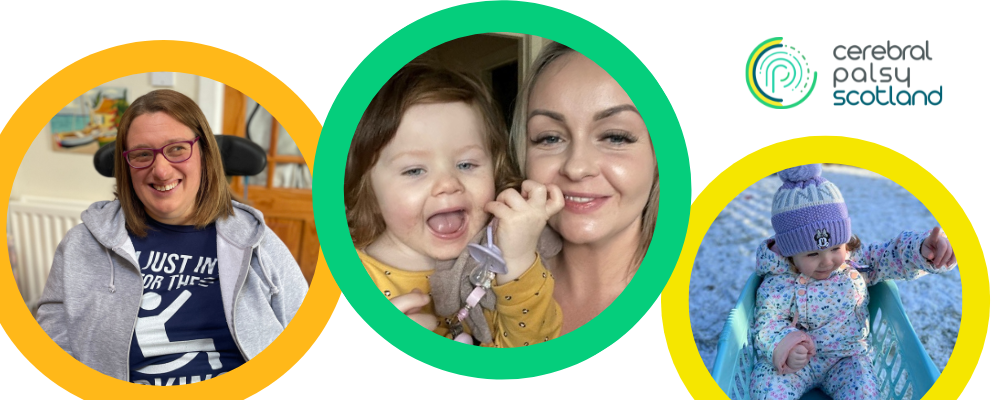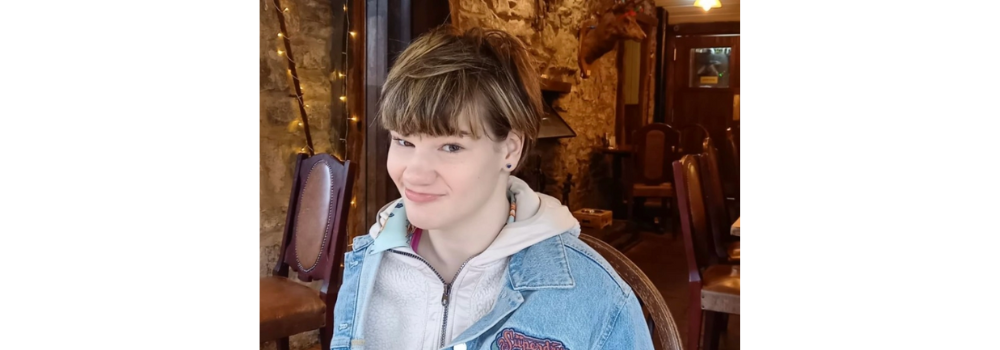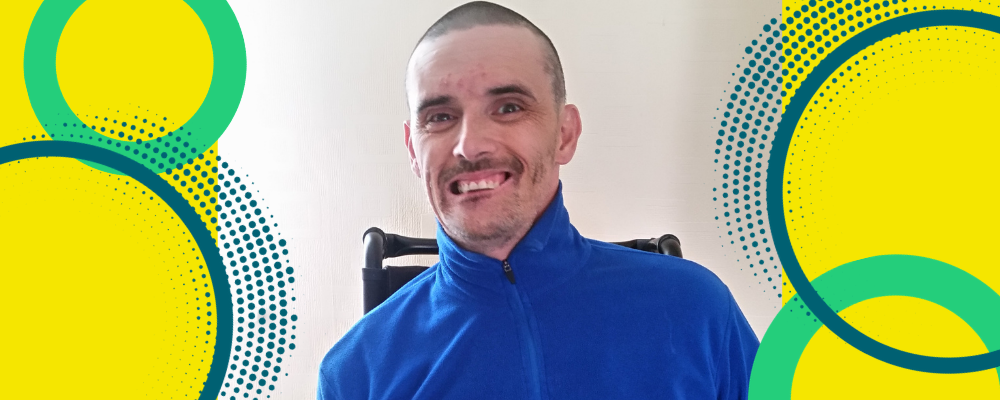Our spring newsletter is packed with stories about how your support is helping children and adults with cerebral palsy in Scotland reach their full potential, as well as all the latest news from Cerebral Palsy Scotland.
“Without Cerebral Palsy Scotland the world would be a much more challenging place”
In this edition, Zoe shares her experiences of accessing specialist therapy at Cerebral Palsy Scotland. She talks about how the team here have really helped her physically and mentally since she had two hip replacement operations.
“I definitely learned things I would never have thought of doing”
We also hear from Kerin. Her daughter Mirren came to outreach sessions that our therapy team ran in Dumfries late last year. Kerin was able to learn skills to help support Mirren develop her standing and use her right side to play with toys.
March is cerebral palsy awareness month and our newsletter also updates you on our social media campaign to raise the voices of people with cerebral palsy in Scotland. There’s also a round-up of our latest campaigning and policy work, as well as upcoming fundraising events you can get involved with.




